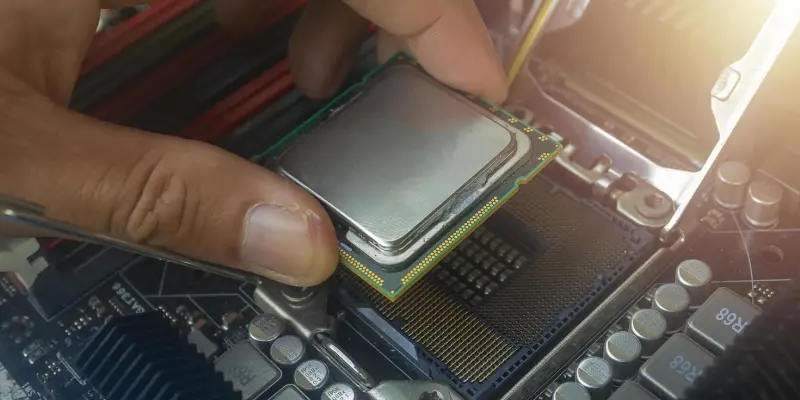AMD’s progress on its next-generation 6th Gen Epyc CPUs, codenamed Venice, has reached a crucial milestone with their readiness for production. The 6th Gen Epyc CPUs will be produced using TSMC’s advanced 2nm-class N2 process technology.
Notably, AMD stands out as a leading high-performance computing customer for TSMC’s N2 process and the newly constructed TSMC Fab 21 in Arizona, although Fab 21 is not yet prepared to produce N2 wafers.
TSMC plans to mass-produce these CPUs at its facilities in Taiwan, including Fab 22 in Kaohsiung. TSMC currently holds a competitive edge over Intel in the race for 2nm and sub-2nm nodes, although Intel is making significant strides with its 18A node, expected to feature gate-all-around transistors and a backside power delivery network (BPDN).
The rapid development and collaboration between AMD and TSMC underscore significant advancements in semiconductor technology. Strategic moves by these companies reflect a broader context, where the race towards smaller nodes is more intense than ever.
Intel’s advancements with its 18A node underline the competitive landscape in semiconductor manufacturing, though TSMC’s innovative practices keep it ahead in the 2nm and sub-2nm arena.
The inclusion of gate-all-around transistors and a backside power delivery network in Intel’s roadmap signifies a crucial development aimed at closing the gap with TSMC. The competitive pressure between TSMC and Intel drives both companies to push the boundaries of technological capabilities continually.
AMD’s readiness for the next generation of high-performance computing CPUs signifies its preparedness to seize technological leadership. This readiness is reinforced by TSMC’s unwavering support as a manufacturing partner. TSMC’s capacity to mass-produce 2nm wafers, coupled with the establishment of new production facilities such as Fab 22, further cements its role as a pivotal player in the semiconductor industry.
AMD has made significant strides with its next-generation 6th Gen Epyc CPUs, codenamed Venice, achieving a pivotal point by preparing them for production.
The 6th Gen Epyc CPUs will utilize TSMC’s cutting-edge 2nm-class N2 process technology. AMD distinguishes itself as a top high-performance computing client for TSMC’s N2 process. By leveraging TSMC’s latest process technology, AMD aims to deliver significant improvements in performance and efficiency with its upcoming processors, reinforcing its leadership in the high-performance computing market.

